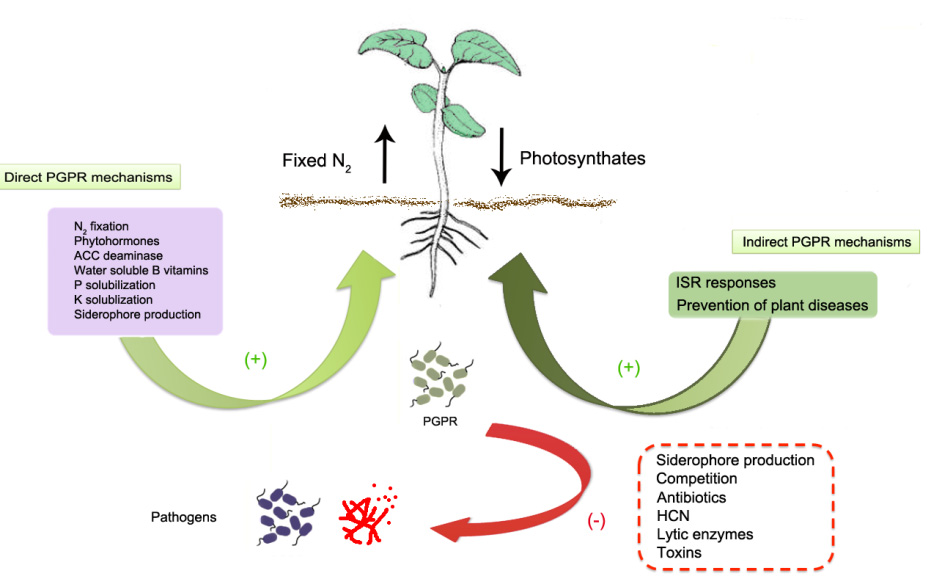
Imagine, for instance, your child playing on turf or on a grassy lawn or park treated with pesticides.Īs Dr.

Their play increases their potential exposure. Let’s remember that for their size, children drink more water and eat more food and than adults, and both of these can be (and often are) contaminated with pesticides. And it’s the most widely used in the United States we use almost 200 million pounds a year.ģ) Pesticides cause special problems for children. Imagine, some people don’t believe this! According to the Environmental Protection Agency (who regularly sleeps with all of the pharmaceutical companies), adverse effects of exposure ranges from mild symptoms of dizziness and nausea to serious, long-term neurological, developmental, and reproductive disorders.įor instance, Glyphosate, better known as Roundup, damages genes and causes birth defects.

YUCK! Instead, it would be wise to change the conditions that make pests thrive.Ģ) Pesticides are hazardous to our health. If they did, we wouldn’t repeatedly use them, now would we? Americans use more than a billion pounds of pesticides each year to combat pests on farm crops, in homes, places of business, schools, parks, hospitals, and other public places.

Whether it’s the proven harmful effects on our health and ecosystems, their ability to kill bees, or the lack of regulatory oversight, there are just too many reasons to not stop using pesticides.


 0 kommentar(er)
0 kommentar(er)
